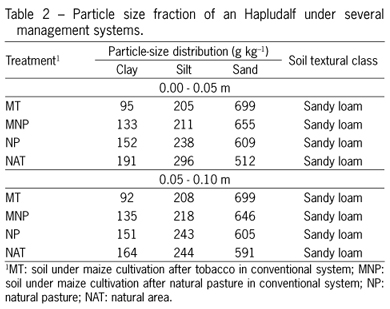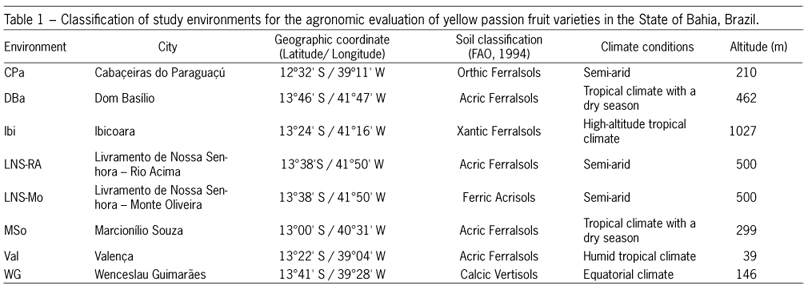There is growing interest in studies on sanitizers other than chlorine that can maintain the quality of organic products without affecting their phytochemical content. The effects of using chlorinated and ozonized water treatments, as sanitizing procedures, on the post-harvest quality of organic and conventional broccoli (Brassica oleracea L.) cv. Italica was evaluated. The biochemical parameters (chlorophyll, polyphenols, flavonoids, vitamin C and antioxidant capacity) of the broccoli samples were analyzed at day 0 (arrival of the plant from the field, original features), and 1, 4 and 7 days after harvest. The polyamine analysis was performed on arrival of the plant from the field and on the first and seventh days. The cultivation procedure influenced polyphenol, vitamin C and total chlorophyll content, and the highest value was observed in organic broccoli after the fourth day. Flavenoid content was higher in organic broccoli. The use of ozone appears not to have had an influence on the amount of polyphenolic, flavonoids and vitamin C during storage. Total chlorophyll content was less affected by ozonized water than by the chlorine treatment as at the first and fourth days of storage. The highest content of putrescine was found in conventional broccoli, while the highest levels of spermidine and spermine were found in organic broccoli. Antioxidant capacity was highest in organic broccoli after day 4 of storage and was affected by the bioactive compounds analyzed. Methods of cultivation influenced natural antioxidant and chlorophyll contents in broccoli under cold storage.






